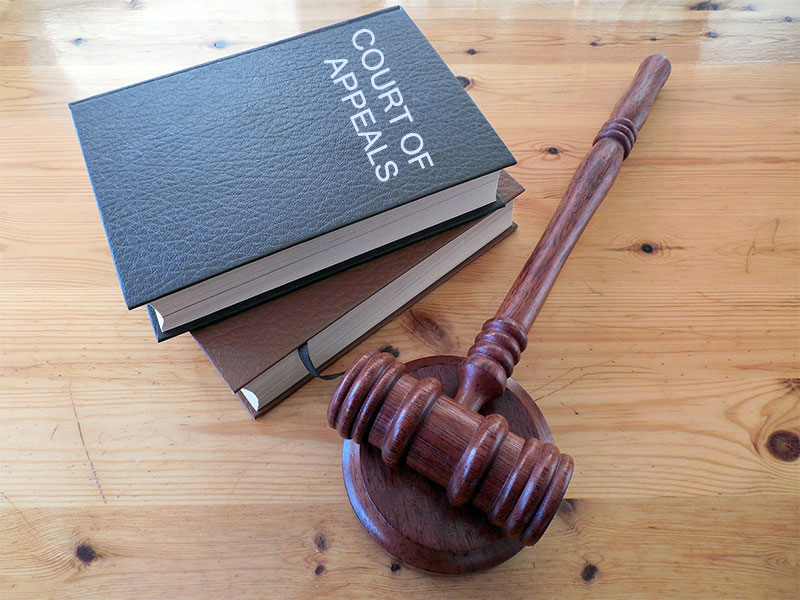The Army Court of Criminal Appeals (ACCA) recently decided the case of United States v. Henry. The case concerns the Government’s appeal of a military judge’s decision not to allow certain statements made by the alleged victim and her son at trial.
Hearsay
Rules of evidence generally do not allow parties to introduce hearsay statements at trial. Hearsay statements are statements made outside of court and offered at trial to prove the truth of the matter asserted in the statement. For example, a witness’s testimony at trial that, “My brother told me that he saw the defendant strike the victim” would be hearsay. The brother made the statement to the witness before trial. The prosecutor is using this statement to prove that the defendant struck the victim. Allowing this type of testimony would undercut the defendant’s constitutional right to confront his accuser.
Hearsay Exclusions and Exceptions
However, there are some types of statements that might meet the definition of hearsay, but are excluded from the rule. Statements made by a defendant are not considered hearsay. For example, a witness could testify, “The defendant told me he struck the victim.” This is also a statement made out of court and offered to prove that the defendant struck the victim, but is not hearsay.
In addition to types of statements excluded from the definition of hearsay, other types of statements are admitted under exceptions to the hearsay rule. These exceptions have developed over hundreds of years because they are considered to be particularly reliable statements. For example, one exception is statements made to a medical professional for purposes of diagnosis or treatment. A statement made to get medical attention is considered trustworthy because most people will be honest in order to get the proper diagnosis and treatment.
United States v. Henry
In United States v. Henry, ACCA examined evidence offered under two other exceptions to the hearsay rule. Those exceptions are for excited utterances and present sense impressions. Excited utterances are statements made about a startling event while the speaker is still under the stress or excitement of the startling event. This exception is frequently used to admit statements made by victims of crimes right after the crime happens. For example, a witness can testify that they saw the victim screaming and crying and saying that the defendant had just struck her. That statement is about the assault, which is a startling event. It was also made while the victim was still under the stress caused by the assault. However, statements by that victim to the police the next day while calm would not be admissible under this rule.
Present sense impressions are statements describing or explaining something that is happening either during or immediately after the event. These statements are usually in the present tense. For example, a witness can testify he heard his brother describing the defendant attacking the victim while it was happening. This statement by the brother was made outside of court and offered to prove that the defendant struck the victim. Despite being hearsay, it would be allowed under the present sense impression exception.
Facts of the Case
SFC Henry and his family lived next door to SSG DC. SFC Henry’s son (JH) knocked on SSG DC’s door in the middle of the night. JH was screaming “He’s beating my mom. He’s beating my mom.” SSG DC invited JH inside and went to change. When he came back he saw JH running back towards the Henry house shouting, “You better not hit her again.” Several minutes later, SSG DC saw the door of the Henry home fling open and SFC Henry’s wife (KH) and her children run out with SFC Henry chasing them. As KH ran toward SSG DC’s home, she shouted, “He hit me. He hit me.” KH and her children ran into SSG DC’s home and he called 911. KH told the 911 operator, “My husband has hit me a couple of times over the past few hours.”
At trial, neither KH nor JH testified for the government. The government tried to introduce the four statements that SSG DC had heard as excited utterances and present sense impressions. The military judge denied the admission of all four statements and the Government appealed to ACCA.
ACCA Decision
ACCA sided with the military judge, finding that the Government did not have any evidence of when the alleged assaults occurred. Without a timeline the Government could not show that the statements were made either during or immediately after the alleged assault. Also, SSG DC did not give clear testimony about the emotions and behavior of JH and KH. So, even though the circumstances suggested that the statements made by JH and KH were excited utterances or present sense impressions, the judge couldn’t be sure. Without a clear timeline or better testimony about JH and KH’s appearance and behavior, the court decided that the military judge’s decision should stand.
ACCA affirmed the military judge’s ruling and sent the case back to the military judge to continue the trial without this evidence.
If you or your loved one is facing a court-martial or wants to appeal a court-martial conviction, you need someone with experience who knows the law. I have the experience you need. Please call Bill Cassara at (706) 860-5769 for a free consultation.

